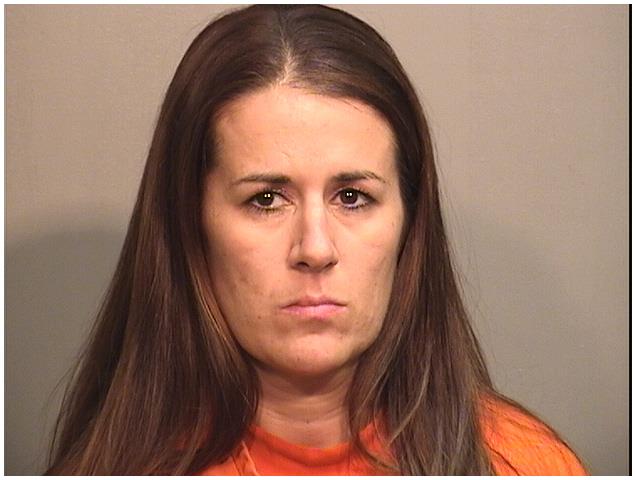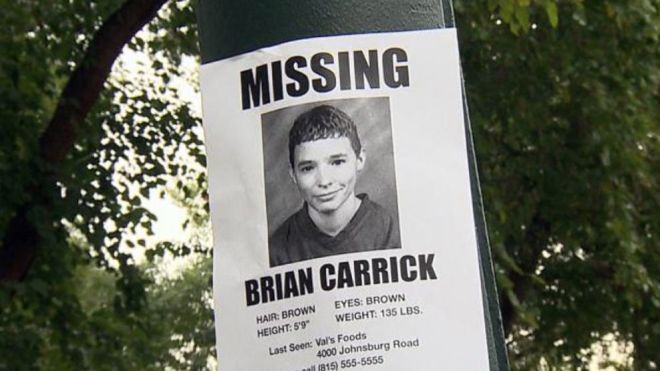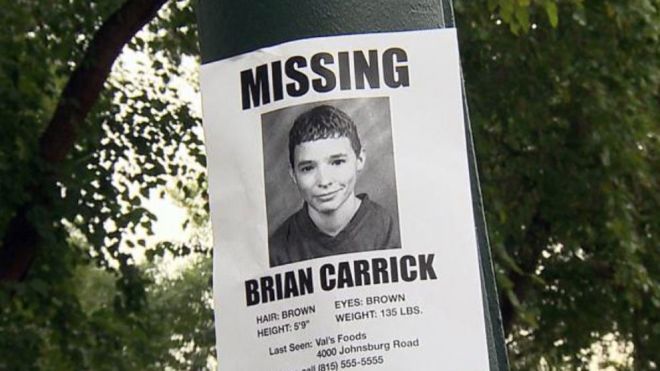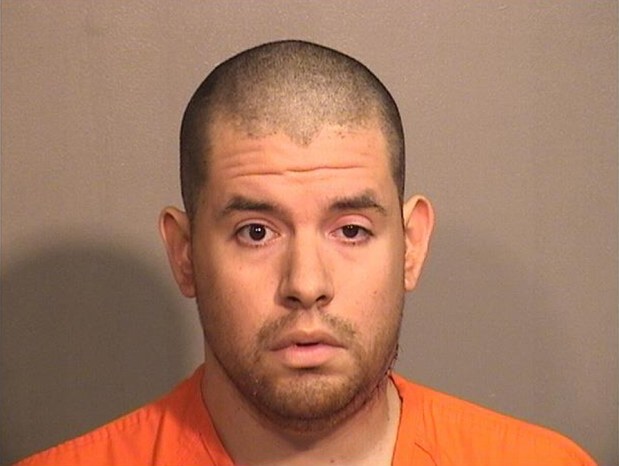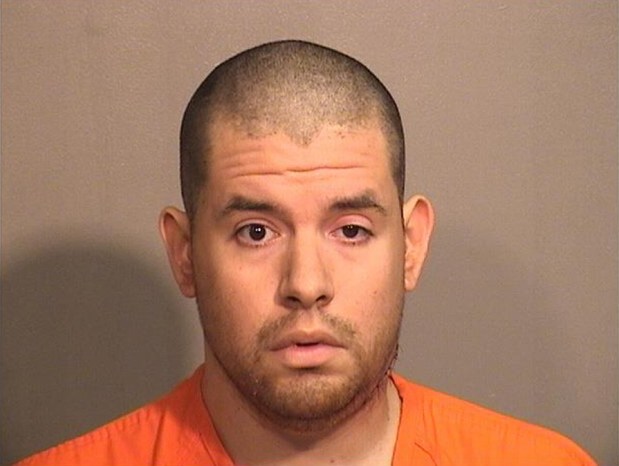There is a local 9-year-old girl who has epilepsy. Her father – the family bread winner and sole insurance holder – just died leaving her mom to find a way to buy her anti-seizure medications.
There is a homeless man with no means to eat much less pay for his anti-seizure medications.
And there is a single mom who has no family support whose young son cannot be left alone because he suffers unpredictable seizures making it impossible for her to work a full-time job. For this single mom, no full-time job means no insurance to help pay for her son’s anti-seizure medications.
These are just three faces of the 3,000-plus people living with epilepsy in McHenry County who are served through the local Epilepsy Foundation office in Crystal Lake.
Through donations and a team of nurses and doctors from Rush Medical Center in Chicago, the office provides services to folks ages 4 through 80-something living with epilepsy who have little or no health insurance.
Case mangers work tirelessly haggling with Medicaid, Medicare and health insurance companies assisting these folks in getting necessary medications — costing hundreds of dollars a month. For some families choices must be made. Do they pay rent, utilities and food or do they buy their anti-seizure medications?
The foundation pays for emergency anti-seizure medications, that even with a coupon, can cost $150 for a one-time dose. The help they provide bridges the gap between the time someone is unexpectedly experiencing life-altering seizures and financial aid or insurance benefits kick in. Securing benefits to pay for these medications can take months but the seizures don’t care — they continue to strike.
The foundation also secures transportation for its patients including Pace Bus Services and cabs. They also secure specially modified vehicles for those living with epilepsy who have other medical conditions and require wheelchairs.
For the first time ever in McHenry County, located in far northwest Illinois, a special event is being organized to help this local foundation do their important job.
LouBird 5k will step off at 8 a.m. Saturday Nov. 3 at Betsy Warrington Park in far northwest Huntley. No effort to raise money for epilepsy has ever been done in McHenry County where the prevalence of epilepsy is higher than anyone realizes. Nationwide, there are 1 in 26 people living with epilepsy. Approximately 2.2 million to 3 million people in the United States live with epilepsy. There is no cure.
The condition often strikes without warning, knows no boundaries and discriminates against no one. Left uncontrolled the diagnosis causes debilitating depression, anxiety, isolation and thoughts of hopelessness, even suicide.
This is why a group of local moms have come together to help. We know firsthand all too well the long, scary nights, the nervous, heart-stopping moments during a seizure and the mysterious affects this unpredictable disease is capable of.
And while we are the “lucky” ones – meaning we have the financial means to pay for our children’s medications to manage maybe even stop the seizures – we realize many do not.
Fred Rogers once said “When I was a boy and I would see scary things in the news, my mother would say to me, “Look for the helpers. You will always find people who are helping.”
We ask that you help us help them. Let’s try and make things a little less scary for those living with epilepsy in McHenry County who struggle to buy their medications.
Please support and like us on Facebook at LouBird 5K and visit our website https://loubird.org/. Consider signing up to run, volunteer or just send little prayers our way.

